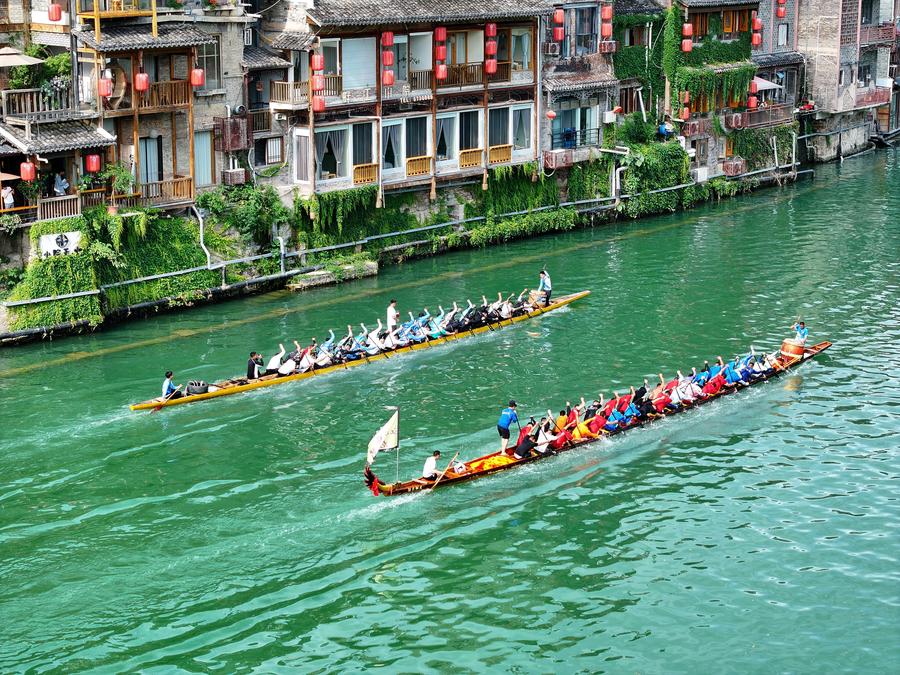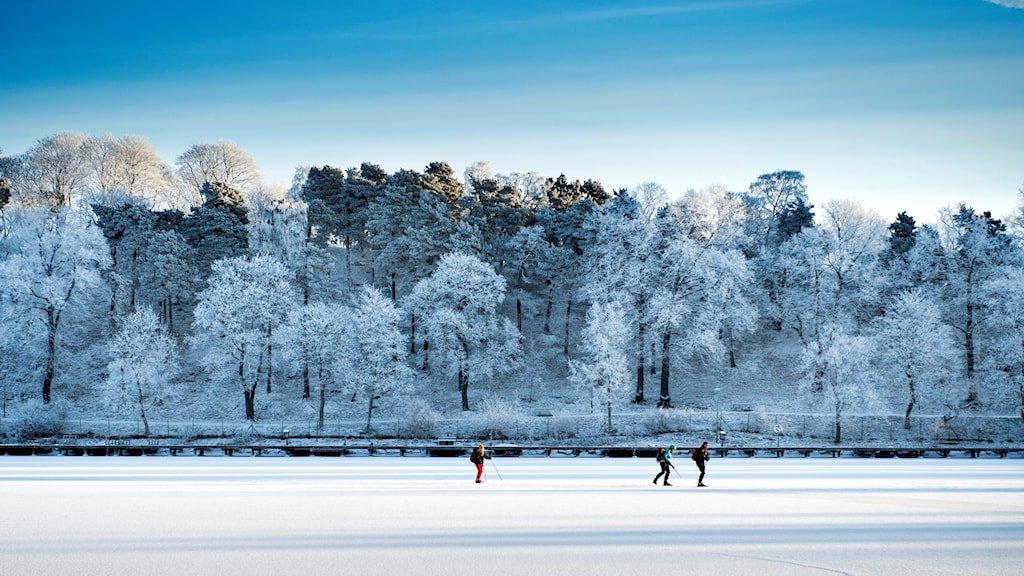Beijing, June 1, 2025 – The Europe Today: As the month of May draws to a close, the vibrant sounds of drums, cheers, and splashing paddles once again echo across China’s rivers and lakes, marking the celebration of the Duanwu Festival, widely known around the world as the Dragon Boat Festival.
Observed this year on Saturday, the festival is rooted in millennia-old traditions and centers around dragon boat racing, a spirited cultural sport that commemorates the life and death of Qu Yuan, a patriotic poet and loyal statesman from over 2,000 years ago. Recognized by UNESCO as an Intangible Cultural Heritage, the festival continues to resonate across generations and regions.
This year’s celebrations have witnessed a significant upsurge in participation, reflecting a broader national emphasis on public fitness, cultural revival, and rural revitalization. In Zhejiang Province, for instance, the festival featured the region’s first-ever farmers’ dragon boat invitational, held in Yinzhou District of Ningbo City, where 12 village teams engaged in competitive and spirited races.
“This race is about more than just sport,” said Yu Youfen, a participant from Zhoushan City, who competed after weeks of after-hours training. “It brings our community together and gives us something to fight for.”
Among the crowd was a father surnamed Chen, whose young son—already a seasoned race spectator at the age of five—perched on his shoulders with eager eyes. “He told me he wants to join one day,” said Chen. “This is already his fifth time watching the races.”
Yinzhou’s dragon boating legacy is ancient, supported by archaeological findings such as a 2,200-year-old bronze axe depicting early boat races. As part of the festival, Yinzhou also launched a provincial training base for village-level dragon boat teams, underscoring efforts to promote grassroots participation and preserve traditional sports culture.
Across the country, the momentum is unmistakable. Over 25 provinces are expected to host dragon boat events throughout the three-day Duanwu holiday, which runs from Saturday through Monday. In Guangdong Province, a longstanding hub of dragon boat culture, over 100 races are scheduled in Guangzhou alone. The highlight will be the 2025 Guangzhou International Dragon Boat Invitational Tournament, featuring 116 teams and more than 4,000 competitors, including participants from Russia, the United States, Canada, Malaysia, and Kazakhstan.
Meanwhile, in the capital city of Beijing, the holiday is being celebrated with a broader sports carnival, including paddleboarding, kayaking, and other fitness-focused events aimed at fostering public engagement in a festive and healthy lifestyle.
According to Zhai Junshuai, general manager of a water sports club in Tianjin, the rising popularity of dragon boat racing is expected to stimulate interest in water sports nationwide and invigorate local economies. “This growing passion supports China’s broader strategy to boost domestic consumption through integrated sports, culture, and tourism offerings,” he said.
Recent national policy documents released in March and April have emphasized the development of high-quality sports programs and distinctive tourism events as strategic levers for economic and social development. The economic ripple effects of this year’s festival are already evident.
Tongcheng Travel reported a 270 percent surge in searches for “dragon boat” as of May 19, while Trip.com Group recorded significant growth in travel bookings to cities with strong dragon boat traditions. In Foshan, Guangdong, bookings rose by 167 percent, and in Miluo, Hunan—widely considered the cradle of dragon boat culture—bookings climbed 85 percent.
To leverage this momentum, Guangzhou has planned over 650 events linking dragon boating with cultural exhibitions, culinary tours, and heritage activities, aimed at enriching the city’s festive tourism experience.
“More Chinese people are prioritizing health and leisure as living standards rise,” said Li Peigong, President of Shanghai Lixin University of Accounting and Finance. “Combining sports with travel meets both personal and family lifestyle needs.”
Experts also stress the importance of deepening public access to fitness activities. “To expand sports consumption, we must start by teaching people how to engage in these activities,” said Wang Yuxiong, head of the Sports Economics Research Center at the Central University of Finance and Economics.
As China celebrates the Duanwu Festival, the renewed enthusiasm for dragon boat racing symbolizes a deeper cultural revival—one that not only preserves tradition but also aligns with national aspirations for a healthy, active, and culturally vibrant society.






